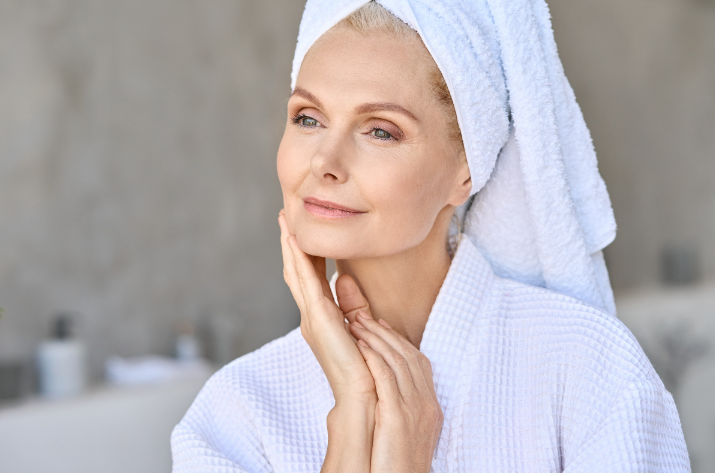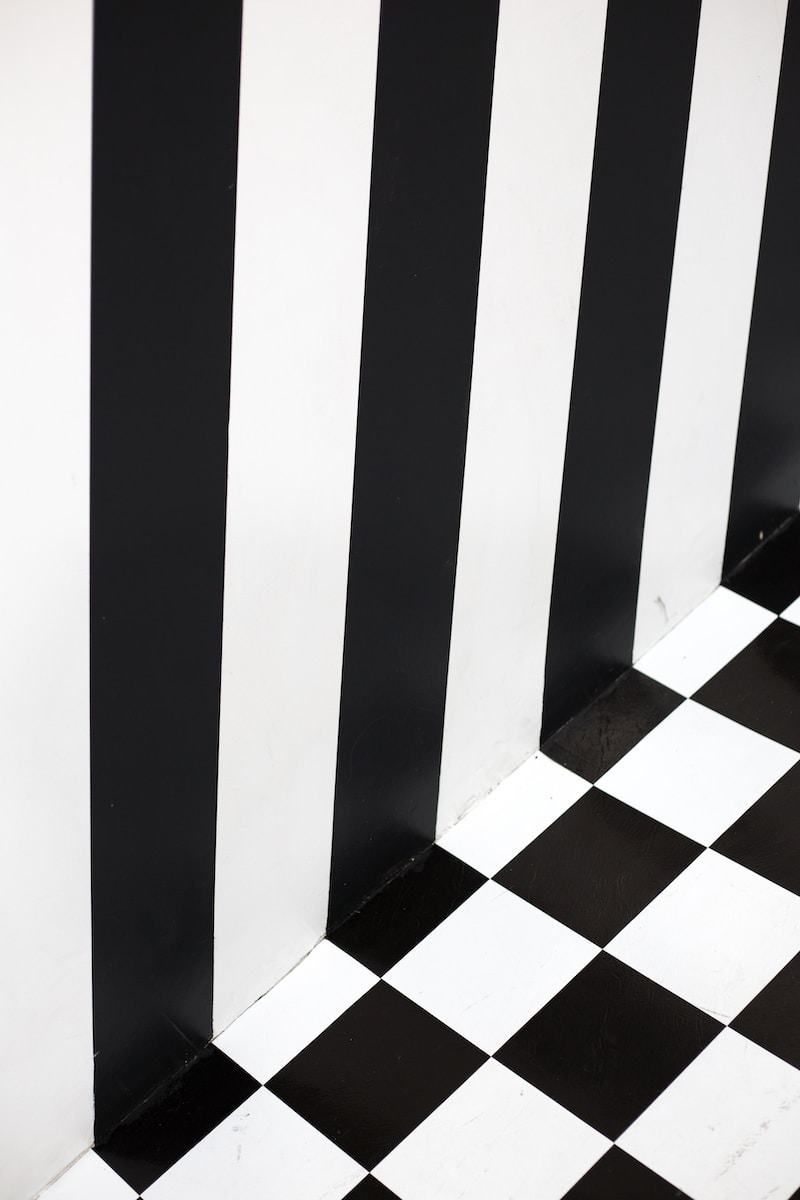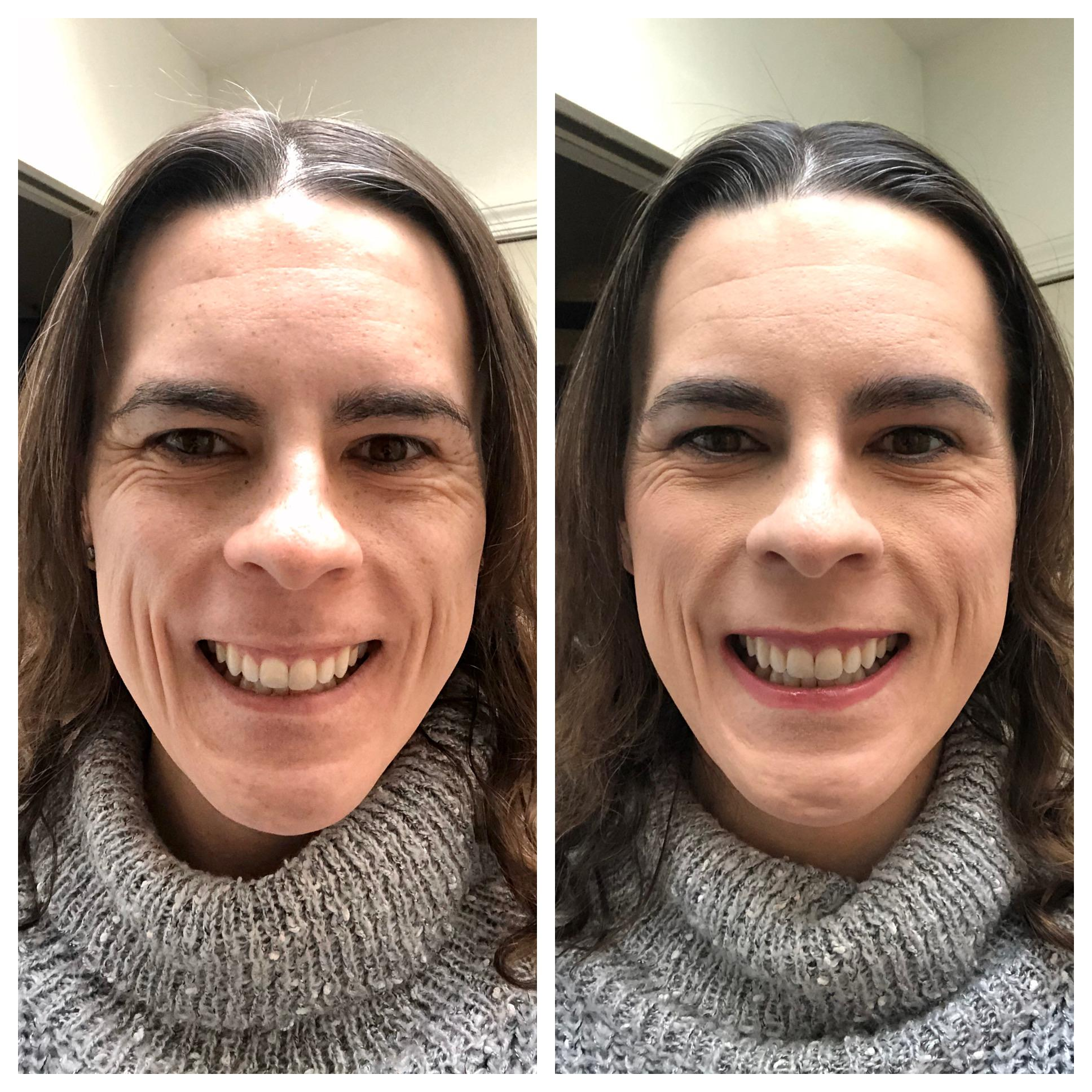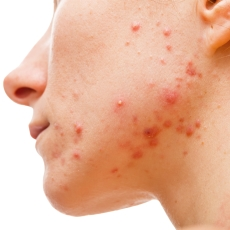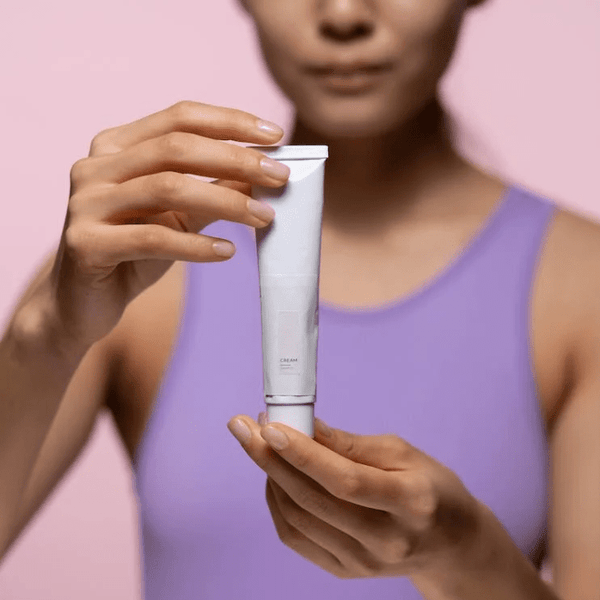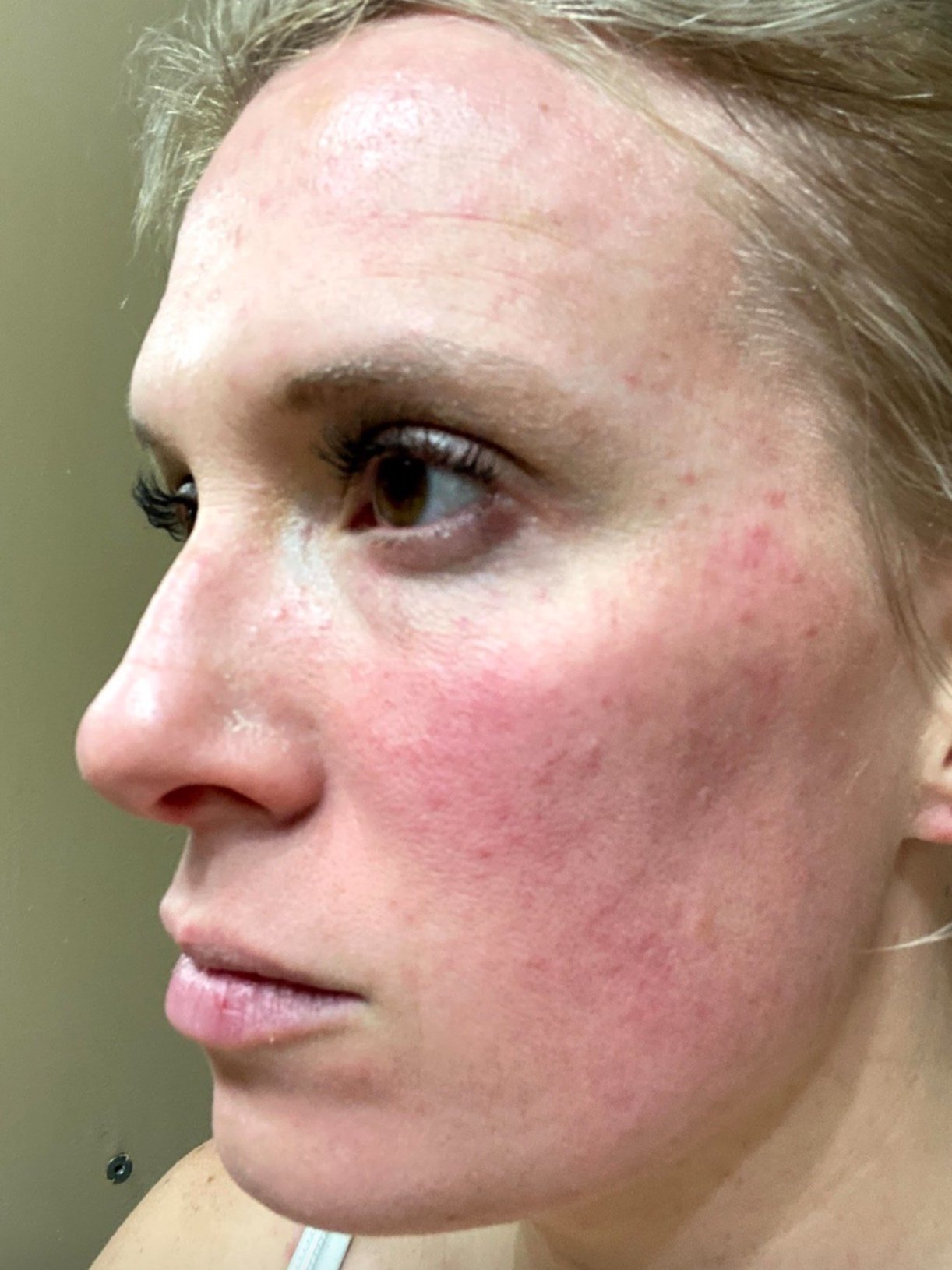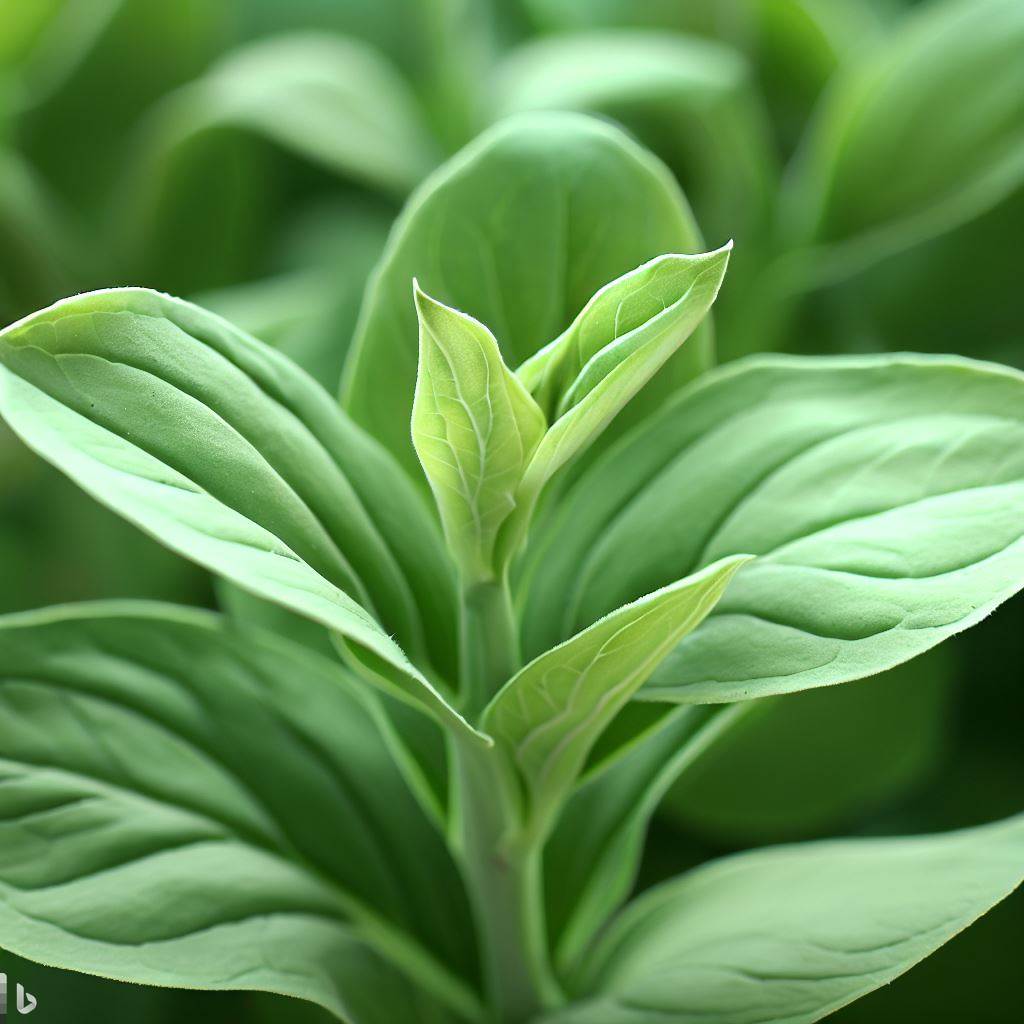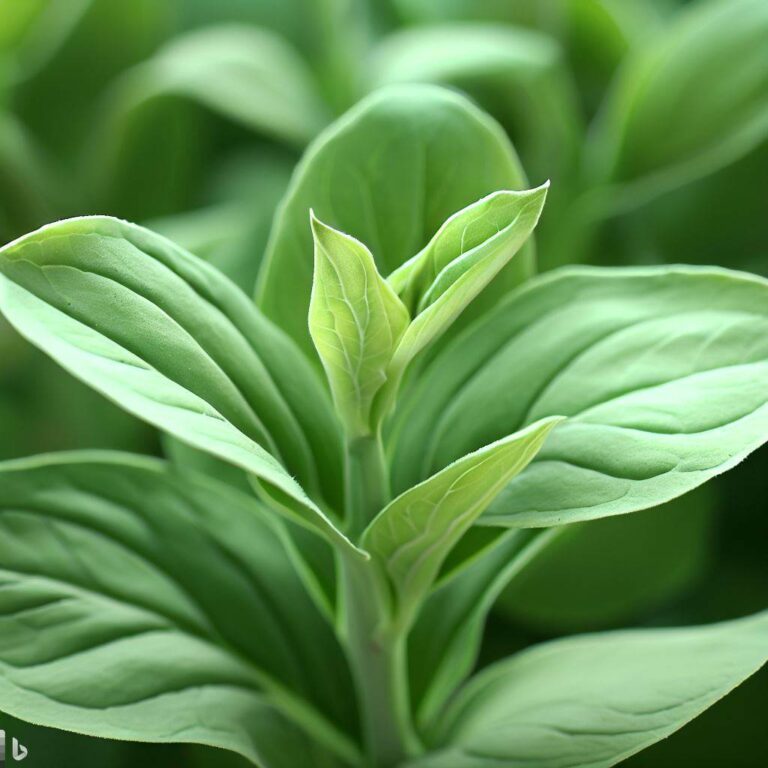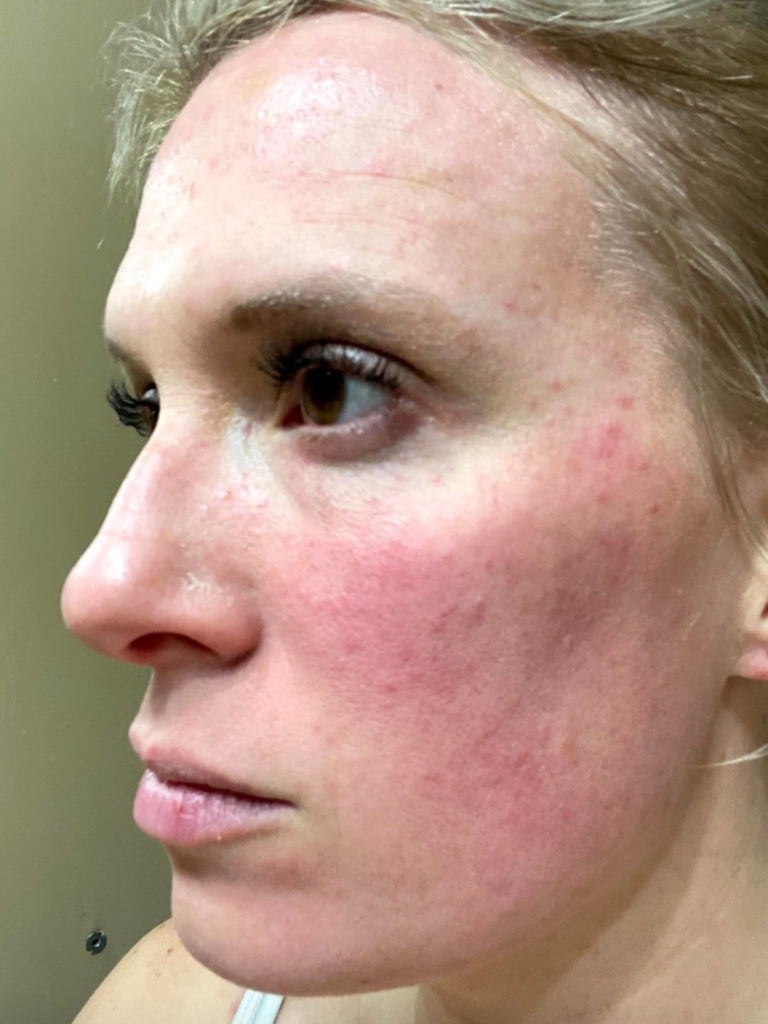Complete Guide to Skincare for Seniors: Dryness, Bruising
A Comprehensive Approach to Age-Defying Skincare: The Senior’s Guide
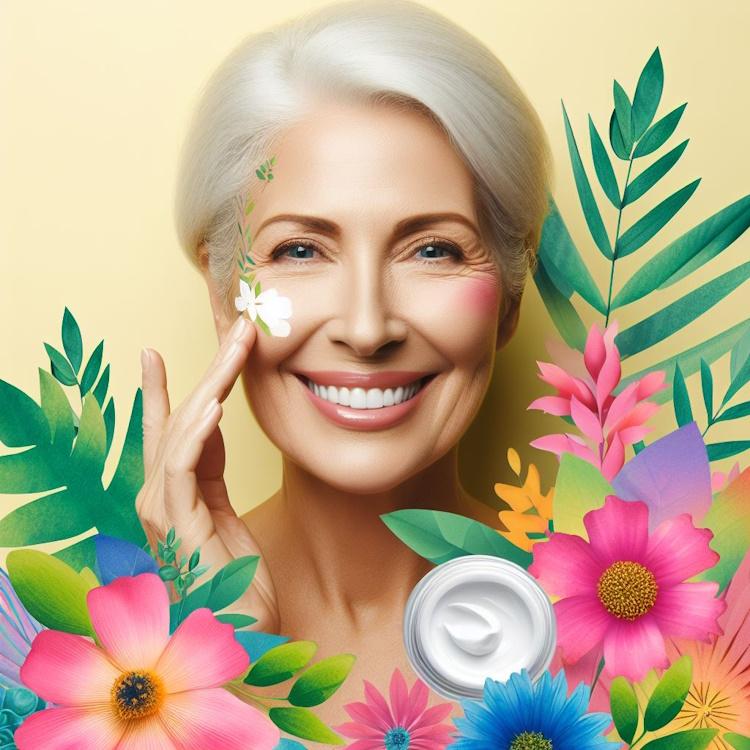
How to Hydrate Your Skin with the Best Moisturizers for Seniors
As we journey through life, our skin tells a story of the years we’ve lived. For seniors, maintaining the health and vitality of their skin is not just about beauty; it’s about well-being. “Complete Guide to Skincare for Seniors” is your roadmap to understanding and caring for your skin as it matures.
This guide offers invaluable insights into the changes your skin undergoes with age and provides practical advice on choosing the right products, establishing an effective skincare routine, and protecting your skin from environmental damage.
Key Takeaways:
- Understanding Aging Skin: Learn about the natural changes in skin texture, color, and elasticity as you age.
- Selecting Skincare Products: Discover how to choose moisturizers and sunscreens tailored for mature skin.
- Skincare Routine Essentials: Find out how to create a skincare regimen that combats dryness and bruising.
- Sun Protection Importance: Emphasize the critical role of sun protection in preventing skin damage and maintaining overall skin health.
Embark on a journey to embrace your skin’s natural beauty at any age with our complete guide, designed to keep your skin looking and feeling its best. Dive into the world of senior skincare and unlock the secrets to a radiant, youthful complexion.
Understanding Age-Related Skin Changes
As we age, our skin undergoes numerous changes related to genetic makeup, environmental factors, and nutrition – the single greatest contributor being sun exposure.
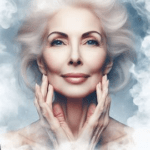 As we age, we undergo a senior skin transformation. The epidermis (outer layer of your skin) gradually thins and changes color due to decreased melanocytes (cells containing pigment). This can result in uneven color patches or areas with increased pigmentation that need attention.
As we age, we undergo a senior skin transformation. The epidermis (outer layer of your skin) gradually thins and changes color due to decreased melanocytes (cells containing pigment). This can result in uneven color patches or areas with increased pigmentation that need attention.
One of the aging skin characteristics is that skin becomes thinner as its protective fat layer diminishes, vulnerable to damage from temperature variations or physical trauma. Furthermore, the production of elastin and collagen declines significantly, resulting in wrinkles.
Aging also causes blood vessel walls to be thin, making bruising and bleeding more likely. Though these issues are rarely life-threatening, they may make healing wounds more challenging.
If you detect these telltale signs of aging, you must seek medical advice immediately. Your physician can ascertain whether these symptoms indicate more serious health concerns or are part of the natural aging process.
Skin is the largest organ in our bodies. As we age, it undergoes changes that alter its protective and functional capacities, known as chronological aging.
 RESTORE YOUTHFUL VITALITY WITH HYDROESSENTIAL™ SERUM
RESTORE YOUTHFUL VITALITY WITH HYDROESSENTIAL™ SERUMExperience smoother, younger-looking skin with Hydroessential™ Serum, the ultimate solution for aging skin. Crafted with all-natural ingredients and backed by science, this serum targets wrinkles, fine lines, dark spots, and blemishes, leaving your skin flawlessly radiant. Our serum is easy to incorporate into your daily routine, delivering visible results without any greasiness. Try Hydroessential™ today and witness a revitalized, vibrant complexion like never before. Secure your bottle now and embark on a journey to timeless beauty.
FOR YOUR SAFETY CLICK HERE TO BUY FROM THE OFFICIAL HYDROESSENTIAL WEBSITE
Selecting Senior-Friendly Skincare Products
Aging skin differs from younger skin, so treating it appropriately requires special consideration. Select skincare products for aging skin to establish an effective skincare routine for seniors.
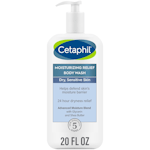 Women with dry skin need a moisturizer that won’t leave greasy traces behind; dermatologists often suggest Cetaphil as one of the best moisturizers for seniors, featuring its mild yet hydrating formula and suitable for even sensitive or eczema-prone skin types.
Women with dry skin need a moisturizer that won’t leave greasy traces behind; dermatologists often suggest Cetaphil as one of the best moisturizers for seniors, featuring its mild yet hydrating formula and suitable for even sensitive or eczema-prone skin types.
This lotion contains ingredients to soothe dry skin and combat wrinkles and sagging. These include hyaluronic acid to re-plump skin while protecting it from environmental damage, as well as oatmeal to restore balance to the skin’s pH balance.
Sunscreen should be an integral component of an effective skincare routine for seniors, helping protect skin from sun damage and wrinkles contributing to further aging. To maximize protection, choose a broad-spectrum sunscreen with at least an SPF 30 rating for maximum protection.
Choose skincare products without harmful chemicals and unproven ingredients; this is particularly important for older individuals concerned about maintaining healthy skin.
Crafting a Senior Skincare Routine
As we age, it is increasingly important that we establish a daily skincare routine suited for older adults. Hydrating regularly and shielding it from direct sunlight can help minimize dryness, bruising, and other common concerns associated with our complexions.
As a caregiver, you must ensure that your senior loved one has access to effective skin care products and that their routine is taking anti-aging skincare steps. Furthermore, upgrading their skincare regimen every few years may be worthwhile to keep it current and effective.
 Maintaining good body health with a diet high in fruits and vegetables, stress-reduction activities, and daily physical activities such as yoga can also help to keep skin looking younger for longer.
Maintaining good body health with a diet high in fruits and vegetables, stress-reduction activities, and daily physical activities such as yoga can also help to keep skin looking younger for longer.
Sleep is also key in maintaining a healthy body and skin, helping the body recover and rejuvenate, which may help prevent premature signs of skin aging.
Eat a balanced diet rich in vitamins and minerals for best results, as this can help seniors avoid dryness, bruising, and other skin ailments.
Gentle cleansing products combined with moisturizers that contain emollients, fatty acids, and other moisturizing agents can help minimize fine lines, wrinkles, and blemishes. Furthermore, using one with retinol and antioxidants may even out the skin tone and diminish dark spots.
Combating Dryness in Senior Skin
Many seniors suffer from dry skin due to age-related factors or medical issues like kidney or diabetes, making life both uncomfortable and potentially disfiguring. Itching and itchy rashes can sometimes result from this condition.
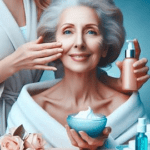 An effective skincare routine to combat dry skin in seniors includes regular moisturizer use.
An effective skincare routine to combat dry skin in seniors includes regular moisturizer use.
Seniors should avoid taking long, hot showers and use milder soap to maintain skin hydration. They should also ensure that any cracked or itchy areas receive moisturizer before sleeping.
As a caregiver, monitoring your loved one closely for signs of dehydration and encouraging them to drink water regularly throughout the day is important. You should also be aware of any health conditions or medications they’re taking which could contribute to dehydration.
Diuretic medications and those that cause vomiting or diarrhea may lead to dehydration. Senior patients may find it challenging or impossible to take a sip of water on their own or need to remember for long periods, further contributing to dehydration.
Therefore, hydrating skincare for seniors means having an individualized hydration plan tailored to their needs. Not only will this ensure they receive enough fluids, but it will also allow them to feel more at home while continuing with daily activities.
Preventing Bruising and Protecting Fragile Skin
Bruises are skin discolorations caused by burst blood vessels beneath the skin, which release fluid under its surface and leak blood out, leaving behind dark purplish marks or “black and blue” bruises on its surface.
Everybody occasionally experiences bruises due to hitting things or falling onto hard surfaces, but older adults experiencing regular bruising could indicate a health concern that needs further evaluation.
Substantial blood loss could indicate your bone marrow is producing insufficient platelets to plug up blood vessels after an injury. It may also show thrombocytopenia – which can result from alcohol abuse, diseases like anemia or leukemia, or aging.
If a bruise continues for three to four weeks, worsens in size and pain, or swells or becomes more uncomfortable, consult your physician as soon as possible. He might need to drain a hematoma (blood collection under the skin).
Secrets Of Good Anti-Aging Skin Care Products (wherecanibuythat.us)
If you tend to experience bruises, ensure you include enough vitamin K in your diet, which helps strengthen blood vessels and capillaries under your skin, making bruising less likely. Supplements like witch hazel, arnica, vitamin C, and bioflavonoids may also prove effective. Consult your physician about which ones would best fit you.
The Importance of Sun Protection for Seniors

The Importance of Sun Protection for Aging Skin and How to Choose the Right Sunscreen for Seniors
Too much sun exposure is beautiful to gaze upon, yet it can result in skin damage such as premature aging, wrinkles, age spots, and increased cancer risks.
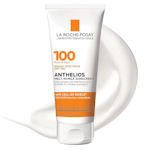 Dr. Katie Beleznay of Vancouver Dermatology Group suggests using sunscreen on both your body and face as the most effective means of protecting yourself against UV rays from the sun’s harmful UV rays.
Dr. Katie Beleznay of Vancouver Dermatology Group suggests using sunscreen on both your body and face as the most effective means of protecting yourself against UV rays from the sun’s harmful UV rays.
How To Take Care Of Your Skin After Accutane: A Complete Guide (wherecanibuythat.us)
According to estimates, 90% of nonmelanoma skin cancers and most melanomas are directly caused by UV radiation from sunlight. Thankfully, seniors can protect their skin against the sun’s damaging rays by following simple guidelines.
Lip Flip Vs Filler: Which Is Best With Alternatives (wherecanibuythat.us)
Wearing a wide-brim hat and seeking shade are great strategies for safeguarding the skin. A light scarf or shawl may offer additional protection to arms and shoulders.
 Before leaving the house, apply a high-quality, broad-spectrum sunscreen that offers protection from UVA and UVB rays to all areas of the skin. Reapply every few hours for maximum effectiveness.
Before leaving the house, apply a high-quality, broad-spectrum sunscreen that offers protection from UVA and UVB rays to all areas of the skin. Reapply every few hours for maximum effectiveness.
Hydrating is another essential element of skin protection. Staying hydrated keeps the skin from becoming too dry, prevents dehydration that could lead to heat stroke symptoms, and keeps blood pressure within normal limits – helping your senior loved one avoid headaches, dizziness, and nausea related to heat-related problems.
Recommended Skincare Products for Seniors
Here are some skincare products that are often recommended for seniors:
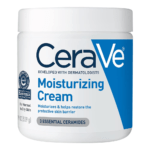 CeraVe Moisturizing Cream: This cream is often recommended because it contains ceramides and hyaluronic acid, which can help restore the skin’s natural barrier and retain moisture.
CeraVe Moisturizing Cream: This cream is often recommended because it contains ceramides and hyaluronic acid, which can help restore the skin’s natural barrier and retain moisture.
Neutrogena Hydro Boost Gel-Cream: This product is a water-based moisturizer that can provide intense hydration without feeling heavy on the skin.
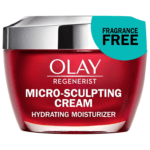 Olay Regenerist Micro-Sculpting Cream: This anti-aging cream contains hyaluronic acid, amino-peptides, and niacinamide (Vitamin B3), which can help improve skin elasticity and reduce the appearance of wrinkles.
Olay Regenerist Micro-Sculpting Cream: This anti-aging cream contains hyaluronic acid, amino-peptides, and niacinamide (Vitamin B3), which can help improve skin elasticity and reduce the appearance of wrinkles.
EltaMD UV Clear Facial Sunscreen: Sun protection is crucial at any age, and this sunscreen is often recommended because it’s lightweight, doesn’t leave a white cast, and is suitable for sensitive skin.
 RoC Retinol Correxion Deep Wrinkle Night Cream: Retinol is a powerful anti-aging ingredient, and this product is often recommended for its potent yet gentle formula.
RoC Retinol Correxion Deep Wrinkle Night Cream: Retinol is a powerful anti-aging ingredient, and this product is often recommended for its potent yet gentle formula.
Please note that everyone’s skin is different, and what works for one person may not work for another. It’s always a good idea to patch test new products and consult with a dermatologist or a skin care professional for personalized advice.
References: Skincare For Seniors
Skin Care and Aging | National Institute on Aging (nih.gov)
Tips for Healthier Skin as You Age | National Institute on Aging (nih.gov)
Many Older Adults Don’t Protect Their Skin from the Sun | CDC
The publisher earns affiliate commissions from Amazon for qualifying purchases. The opinions expressed about the independently selected products mentioned in this content, and any instructions or content shared are those of the publisher, not Amazon.

